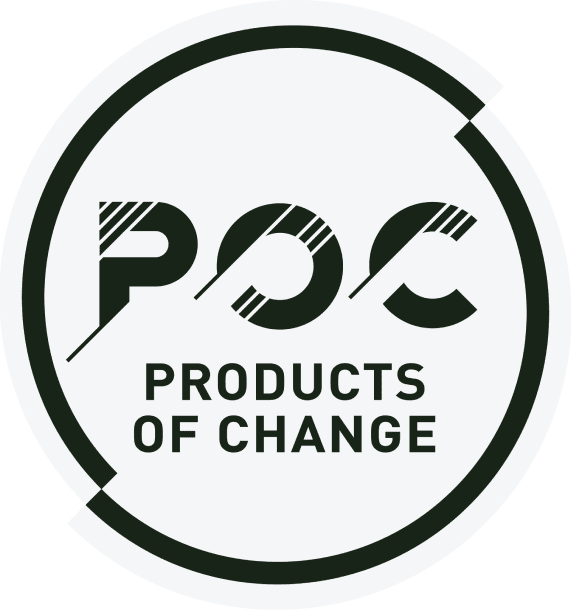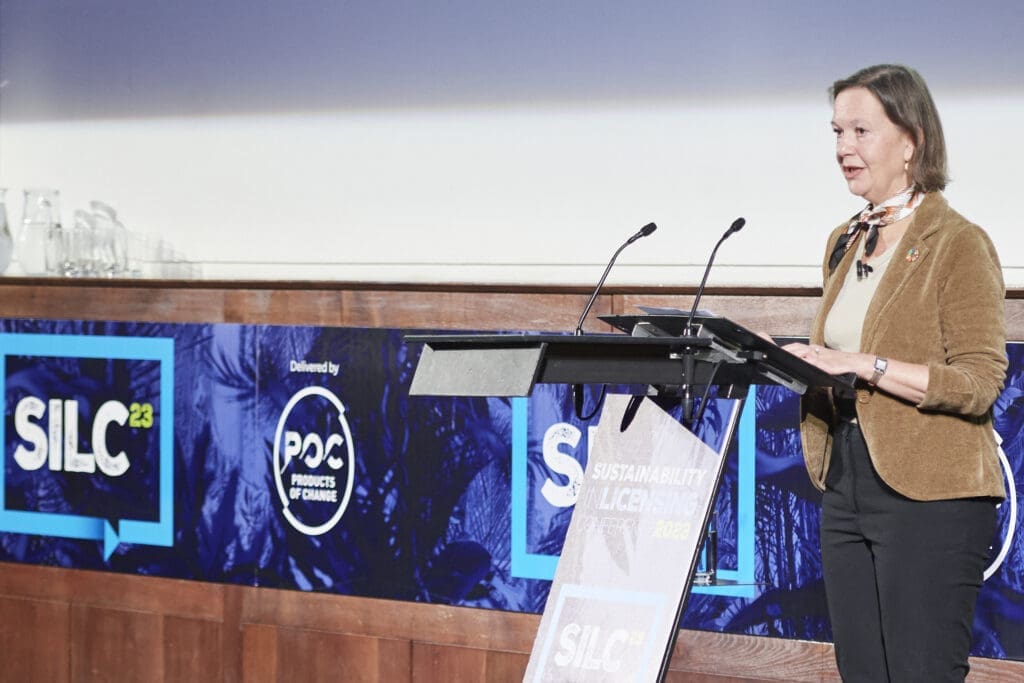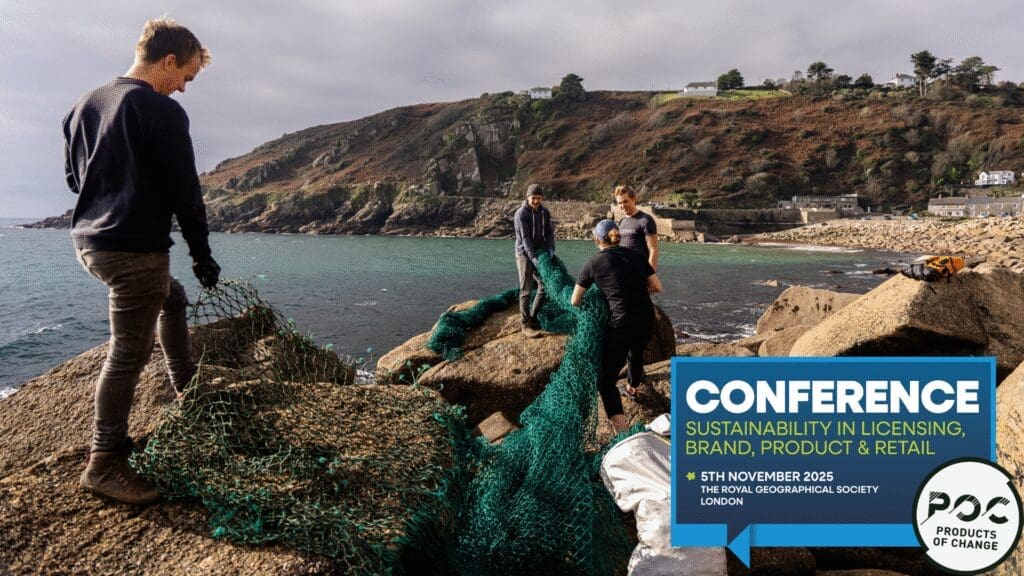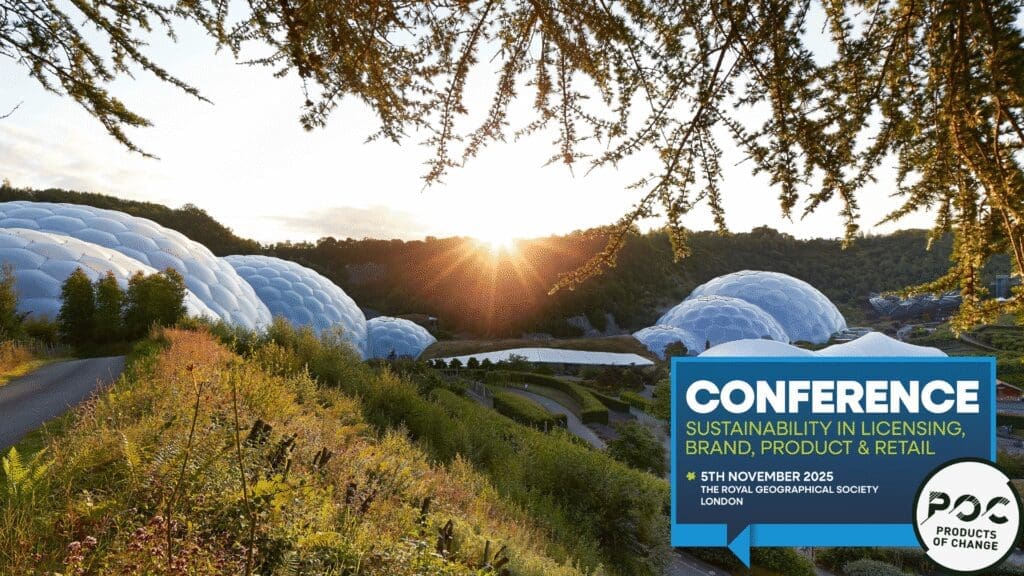Seaweed became the talk of the town when the Welsh city of St Davids held its first Festival of Seaweed last week, an event that championed the virtues of seaweed in material innovation and product use such as replacing plastic film and being incorporated in paper and card packaging.
Conservationists, politicians, investors, and fishers joined an esteemed line-up of festival-goers from May 16 to 19 when the city of St Davids hosted a series of talks and discussions, including that from Dr Alex Newness, co-founder and coo at PlantSea as he discussed the use of seaweed as a plastic replacement in packaging.
Dr Alex spoke of the benefits of making the material swap including the move to reduce micro plastics, reduce carbon, and contribute to a resilient green economy.
PlantSea is an award-winning start-up based in St Asaph currently pioneering a seaweed-based flexible film that holds both liquids and dry products. The film is 100 per cent biodegradable and can be used as a replacement for plastic laundry pods.
Speaking at the Festival of Seaweed, Dr Newnes, said: “Some estimates suggest there could be one billion water-soluble laundry and dishwasher pods used in the UK each year. These break down into tiny particles, resulting in around 1,000 tonnes of plastic dissolved into our water systems. Microplastics are making their way into our food and even into breast milk. Instead, we want healthy oceans and clean, plastic-free water and food chains – by thinking differently, we can have a big impact. Seaweed offers a biodegradable, compostable alternative.”
Wild farmed seaweed
Wild seaweed harvesting is strictly controlled under quota, while aquaculture seaweed is grown from spores provided by native hatcheries within a specified range of where the seaweed will be grown. Therefore, seaweed cultivation actually results in carbon sequestration during growth, as well as providing habitats for native marine life.
It’s also understood that a thriving, renewable aquaculture could also support employment in coastal areas typically suffering deprivation. However, according to Dr Newnes, industry needs to scale up if we are to achieve the full economic benefit.
“Despite an ideal climate and extensive coastline, demand in the UK is low compared with other parts of the world,” he said. “Many suppliers here lack high-volume customers to support growth, which is key to fostering job creation.”
PlantSea sources its seaweed from Scotland from both agricultural aquaculture and wild harvest. Since its launch in 2020, the business has won two prestigious Start-Up awards and now employs 10 people at its laboratory in St Asaph and hubs in Liverpool and London.
As well as manufacturing its plastic-replacement film, PlantSea produces paper and card packaging that incorporates waste seaweed. This product can be recycled in a standard paper mill and, in 2024, it became the first seaweed-based packaging to receive the OPRL Recycle label.
Material innovation at Licensing Expo
This week, Products of Change will showcase its own library of material innovations to present examples of alternatives to resource intensive or fossil-based materials such as plastic and paper. Attendees will be able to learn the processes behind materials such as solid wool, hemp paper, and nettle denim and gain an understanding of their uses in the commercial landscape.
The materials zone is presented as a part of Products of Change’s resources and education. The Products of Change booth (S226) will host a selection of pioneering companies and brands, including Upcycle Labs – a textile waste management system that rescues clothing and apparel from landfill or incinerators and using its fibres in the production of new, sellable products.
Products of Change will be hosting a special roundtable focussing on Innovation roundtable discussion on Wednesday, 22nd May from 1.30pm to 2.30pm. The session will feature the likes of Upcycle Labs, Fabacus, and Dayrize.




